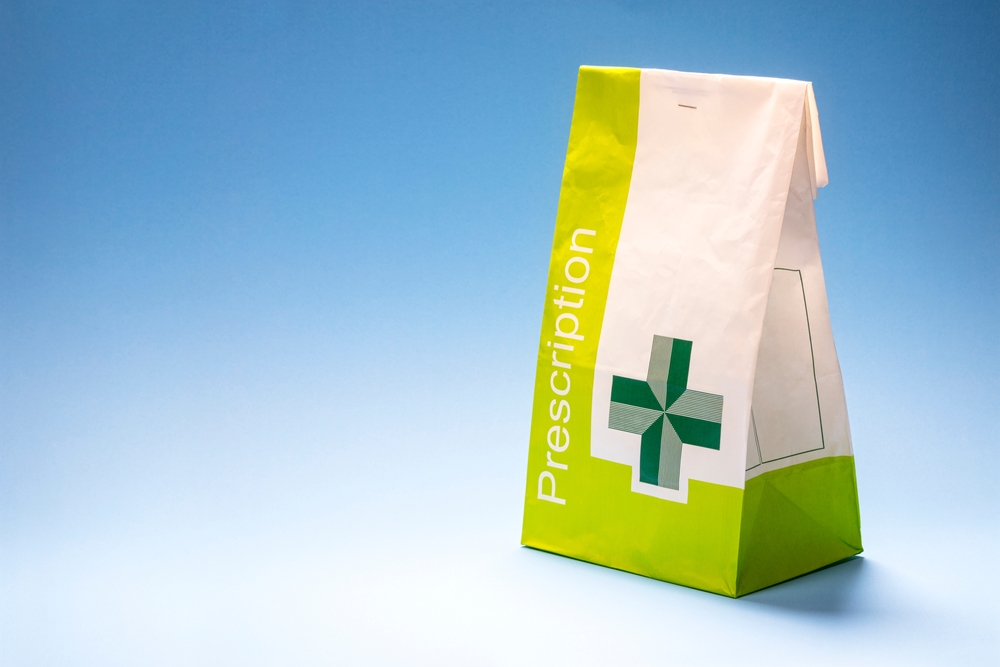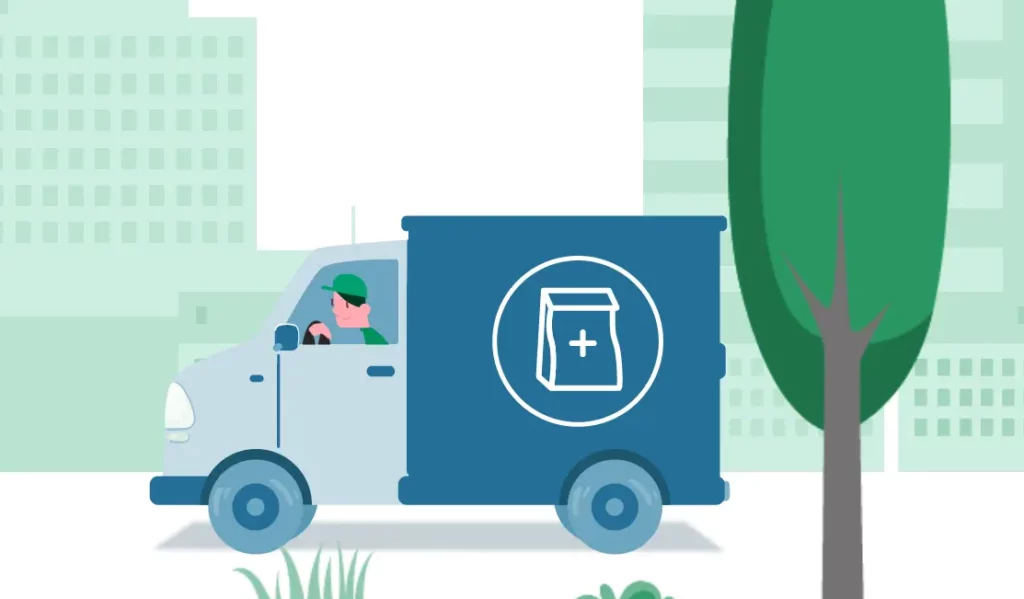Prescriptions are like written orders from your doctor that allow you to get specific medications from a pharmacy. They’re important because they help make sure you get the right medicine for your condition. Not all drugs are safe for everyone, so your doctor considers things like your medical history and other medications you might be taking before prescribing something.
Prescriptions also help control access to certain medications that can be harmful if not used properly, like painkillers or strong sleeping pills. By requiring a prescription, it helps prevent misuse or addiction.
When you get a prescription, your doctor gives you instructions on how to take the medicine safely. They might also schedule follow-up appointments to check how you’re doing and make any necessary adjustments to your treatment plan.
So, while it might seem like a hassle to have to get a prescription, it’s an important way to keep you safe and make sure you get the right treatment for your health needs.
Can you buy antibiotics over the counter?
Some medicines you can buy without a prescription, like painkillers and cough remedies found in supermarkets or your local pharmacy. But others, like eye drops or emergency contraception, need a pharmacist’s supervision and are kept behind the pharmacy counter.
If you’re unsure, the pharmacist may ask you questions to make sure it’s safe for you.
However, prescription-only medicines, such as antibiotics, must be prescribed by a qualified health professional. This could be your doctor, dentist, pharmacist, or another healthcare provider.
Here’s a detailed list of medicines only available via prescription:
- Higher-strength painkillers (like tramadol)
- Antiarrhythmics (like atenolol)
- Antibiotics (like amoxicillin)
- Anticoagulants (like warfarin)
- Anticonvulsants (like lorazepam)
- Antidepressants (like sertraline)
- Antihypertensives (like ramipril)
- Antihyperglycemics (like insulin)
- Bronchodilators (like ipratropium)
- Diuretics (like furosemide)
- Intravenous fluids (like Hartmann’s solution)
- Sedatives (like diazepam)
- Statins (like pravastatin)
- Supplements (like thiamine)
- Laxatives (like bisacodyl)
- Proton pump inhibitors (like esomeprazole)
Frequently asked questions about prescription medicines
What are the common side effects of antibiotics?
Common side effects of antibiotics include nausea, diarrhoea, and allergic reactions. Always consult your doctor if you experience severe symptoms.
Can I get birth control without a prescription?
Yes, certain types of birth control, like condoms, can be purchased without a prescription. However, for oral contraceptives or implants, a prescription from a healthcare professional is usually necessary.
How do I know if I need a doctor's prescription for my medication?
If the medication is labelled “prescription-only” or if it’s not available over the counter, you’ll likely need a doctor’s prescription. Speak with your doctor or pharmacist for guidance.


